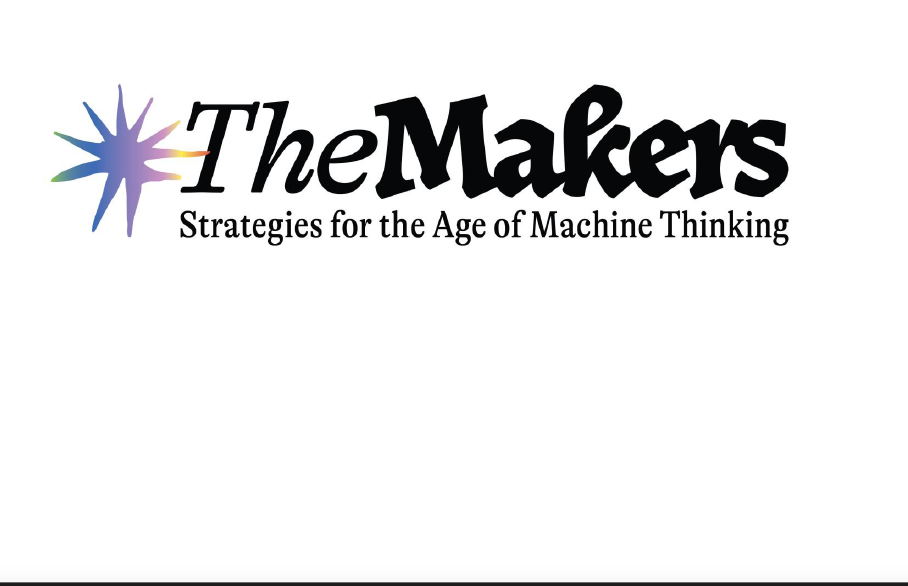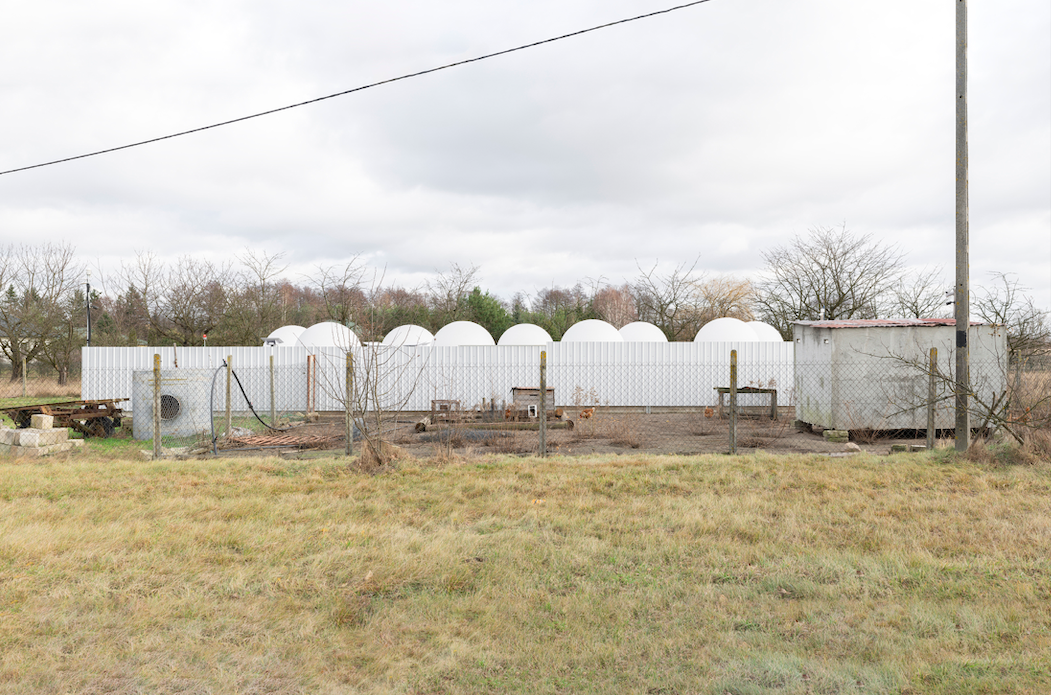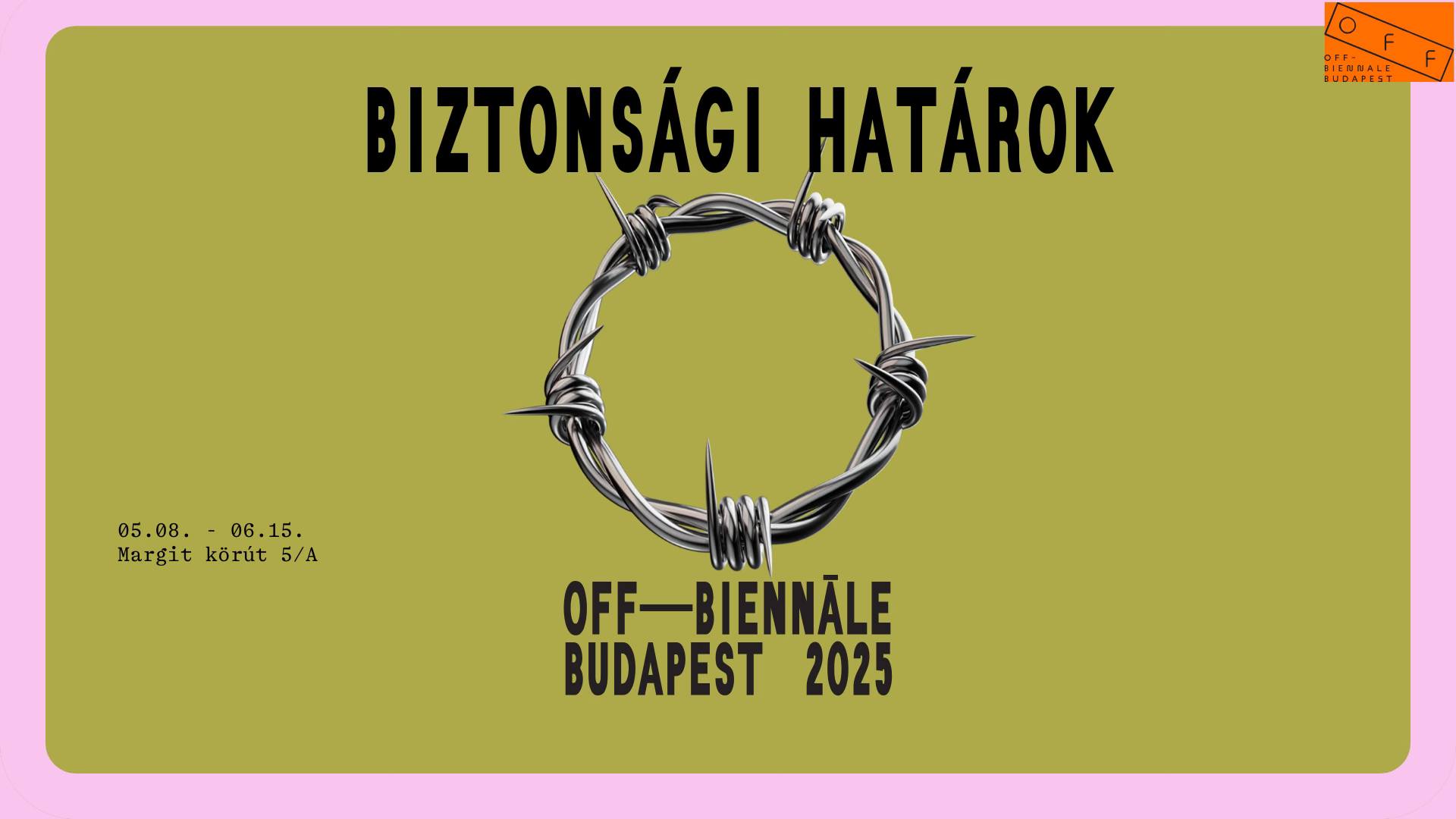This time the mask is meant to be a protection against the coronavirus specter that is haunting Berlin and the world, spreading a greater fear than Marx and Engels’ communist specter aroused in European bourgeoisie circles in the mid-19th century. Covid the 19th, the crowned king of kings, is this new sovereign that wields more power than Trump and Putin, Europe and China, and proves even more powerful than the Palmyra and Saidnaya prison tormentors in Assad’s Syria, seasoned experts in inflicting torture and murder.
In the present situation of uncertainty and unpredictability, a refugee today, I ask myself whether we had not seen all this before? Didn’t we experience, back ‘home’ over there, isolation and confinement? Now we are confronting this virus-induced crisis together after a number of other global crises where this kind of togetherness was missing. For one, I cannot experience the coronavirus time as if I haven’t experienced anything before, nor can I refer to its crisis without my memory going back to my forsaken country. That time of cruelty and trauma was inevitably referential time for me. It is heartbreaking that that time is being extended now, renewed, rejuvenated, eternalized.
Less than a year ago I thought that we were just one major crisis away from a worldwide disaster. I was envisioning Syria’s course being followed by bigger countries such as Egypt or Iran. What I did not imagine was a COVID-19. It is not evident if we are already having that worldwide disaster, but nothing can reassure us that we are not. Nowadays, one can see it clearly that solidarity, which the Syrians have been deprived of for nine years, is even scarcer in the world than hospital beds and ventilators are. Trump’s attempts to seize control of the German laboratory that is working on a coronavirus vaccine, are a sign that the pandemic may not be the greatest of the dangers we are facing.
The unexpected and fast-spreading global crisis shows that in spite of economic, technological, political and cultural differences among nations and cultures, we are quite alike in our ignorance. We need to combat our shared illiteracy and learn to read. The plague is obliterating the differences between countries and societies and, above all, annihilating the borders that the countries are trying to strengthen, as they have done when confronting the “refugee crisis”. While governments are saying we are worlds apart, the virus announces: “you are one world”. Faced with the challenge of the invisible microbe, we are all starting almost from the scratch – unless we are Slavoj Žižek who could publish a whole book while most of us are still putting our first words together. And we need to be humble, to open our eyes to see – the first thing to do in an unprecedented situation, lest we follow the suit of army generals and the Western left, forever fighting the previous war. This is not a war, contrary to what Macron was able to repeat six times in his March 16 speech. In all probability, this diagnosis is rooted in the paradigm of the war on terror – from there, it is not a long way until viruses are seen as terrorists, or vice versa, terrorists as viruses, which could extend to all refugees and migrants. Hungarian Prime Minister Viktor Orbán made it clear: the coronavirus and the migrants are two sides of one problem, human mobility, which must be stopped. Not far from such views is the populist right in Germany (and not only there), whose political thought can easily be translated into the language of illness and immunity. Genocide may, therefore, appear as the most appropriate sanitary measure. Already in June 2011, Bashar al-Assad spoke about conspiracies and bacteria, about bactericide and bodily immunity. Now, this comes really close to the political imagination of the Nazis who sought to “cleanse” Germany of degenerated races, the sick and the antisocial, to create a healthy environment for the pure Aryan blood. In August 2017, six years after the speech on bacteria, bactericide and immunity, Syria’s heir president was able to talk about the benefits of the war he had unleashed: he hailed the “homogenous society” that had rid itself of discord and divisive elements. The biopolitics of doctor Bashar al-Assad has over nine years killed half a million people and drove more than six million out of the country. A few weeks ago, his minister of health typically responded to the question concerning Covid-19 infections in the country by paying tribute to the regime’s armed forces who had “cleansed Syria of bacteria”!
The war imaginary is not helpful in confronting the coronavirus epidemic. It only serves to create enemies and foster conflict. Yet, the proliferation of this imaginary is an indication of the tenacity of the instinct of a sovereign state, which in the face of a threat, even if its source is an invisible microbe, is only capable of announcing a mobilization for war. Sovereignty has impoverished imagination and language, so we no longer have words and images to describe crises other than those associated with danger and war, with the closing of borders, with things that require military and police intervention, reinforcing the monopoly for “legitimate” violence. As sovereign states are equipped with the hammer of legitimate violence, they think of everything, even the virus, as a nail to beat.
Even more dangerously, the war imaginary has a way of creating enemies, those who are not sufficiently self-disciplined so they have to be disciplined by force. In this way, instead of uniting to face the misfortune, we end up creating new divides, albeit for the most part overlapping with the old ones.
Courage is another quality that is essential in this “non-war”, especially in a world where numerous bullies are putting on a display of their military potential targeting those much weaker than them, and armed conflicts have degenerated to the level of torture and genocide. There is no “war on terror”, no one should be fooled about it. There is only torture used by states who possess air forces, weapons of mass destruction and nuclear arsenal against much weaker societies, and the victims are very rarely limited to alleged terrorists. This can be seen in Syria, Palestine and practically everywhere. This alleged war served to justify torture on a global scale and undermine democracy all over the world. I call it a “torture war”, which is truer and more representative a term than the “war against terror,” since it has no qualities of war. Under the cover of the torture war, racism has advanced throughout the world. A fundamental distinction has emerged between the tortured and torturers – be it beating up, starving and humiliating prisoners in the dungeons of security services, or dropping barrel bombs on civilians, or bombing hospitals and bazaars with white phosphorus and thermobaric weapons, as practised by Russian forces in Syria. The moment we talk about fundamental distinctions we are in effect talking about racism. Racism is a torture relation, one between the torturers and the tortured. Courage lies in refraining from this game, in changing the course.
Today we are avoiding meeting with the Other quite literally. We are being discouraged from that, all the time. But it is not clear that we think about, or with, others when meeting them physically is undesirable. To think about and with others, to contact them and think with them is the third right thing to do. Quarantine is not an obstacle, rather, it should encourage us. This is a global crisis and as many people in the world as possible should join to think about it, work towards overcoming it and plan what next. It is also essential that we preserve our ability to contact and to meet, not allowing acquired habits that were born during the crisis and are tainted with it, to confine our thought. It is quite probable that the isolation and new atomization do not get to be inscribed in our bodies, perhaps after some time, we say goodbye to the Wuhan style of greeting each other, by only touching each other ‘s feet. Still, the panic and isolation, ghettoization generated by the new sovereign, Covid 19, and his agents – sovereign warring powers of the world–may well breed their own panicked isolated habits and panicked isolated type of personality and community, which suits well ruthless dictatorships all over the world. The aforementioned war imaginary is a proof of high demand for something to frighten the masses with, and that our present-day proneness to fear and isolation is a just a revival of what we have already seen, that is isolation and fear of terrorism.
We may emerge from this global health anomaly with massive casualties, or with few. According to some estimations, they are likely to amount to 1 per cent of the planetary population, that is over 70 million, but our whole present world is unhealthy. The coronavirus is just a test showing how sick the world is, how it lacks youth and determination, how it gives in to fear and despair, how it opposes change like an old man, how it refuses to accept the risks of meeting others to face the dangers. The Other is a threat, say the new tribalists around the world.
Today, a real state of exception is needed, as Walter Benjamin called for to face up the normalized state of exception. When Giorgio Agamben considers the coronavirus to be a pretext for introducing a state of exception (which is already there according to the Italian philosopher), he looks like someone looking for his lost key under the street lamp (where theory is), instead of the place where he actually lost it (that is, where the problem lies). Macron did the same by looking for the virus in a battlefield of another previous war.
As a Syrian, I can see a problem related to the permanent state of exception that was imposed on my country in 1963. The problem is that we were deprived of a real state of emergency when it was really needed (more than once over the last nearly sixty years). If we are under a state of emergency all the time, and if we know that it is being used to silence and divide us, what would we do when a real emergency broke into our lives? Nothing. The result of a prolonged emergency is prolonged apathy and mental and moral torpor, rather than vigilance and open eyes.
Sixty years ago, Hannah Arendt wrote that while the future is unpredictable, we can make promises that render it less unknown and terrifying. She also argued that what happened in the past is irreversible, but we can forgive, allowing the past to pass away. Many things in our world are unforgivable, specifically, when people are treated as if they are dispensable or ‘superfluous,’ as the author of The Origins of Totalitarianism put it, and like a million Syrians of Idlib learned within just the two first months this year. This world has very few promises, that is to say, very little future. For this reason, we may recover from the coronavirus, but the past is not passing away since dehumanizers and torturers ask nobody’s forgiveness. Neither is future welcoming us since the powerful actors give no promises whatsoever. We live in a suffocating present, where we can hardly move, much like prisoners in Bashar Al-Assad’s overcrowded torture dungeons. The world is in the crisis of disorientation, and of stifled imagination. We are in a no-alternative jail.
Furthermore, we know that the crisis is complex and chronic. If racism, torture wars and an acute public health crisis are not enough, we have a long-term environmental crisis of enormous proportions. These are all global problems that ask for global thinking and global action. This is not to say that we are to call for the abolition of existing States or to deny the need for local thinking and action. On the contrary, we may need more of the State, but less of sovereignty. States could be thought of as intermediaries between networks of international institutions and local communities. This, of course, raises the questions of the desirable degree of democracy in international organizations, their representativeness and legitimacy. The current predicament invites pondering on these questions. The United Nations and their agencies are not, unfortunately, a good example to follow, nor do they make a suitable framework for reflection on the present crises. It is already apparent that the most reactionary forces which resist global change are those that gain the most from the current situation of privilege. They are in the most favorable position when it comes to access to resources, information and weapons that are used in torture wars. The ideology of these forces refers to the principle formulated forty years ago by Margaret Thatcher: There Is No Alternative – TINA for short. This is the slogan of neoliberal fatalism that has prevailed in the world for at least thirty years. Incidentally, the same was used to justify the survival of the genocidal regime in Syria. We must say goodbye to that kind of world if we do not want Syria to be the future of the world.
China, contrary to what the head of the World Health Organization seems to believe, is not an alternative. The drawbacks of liberal democracy are real and growing, but a semi-slave regime that has a monopoly on information and decides on its own what to do and what to abandon, not to mention the monopoly on ‘legitimate violence’, is not the solution. The Chinese regime opposes alternatives and change, being for its subjects the equivalent of Margaret Thatcher’s neoliberalism. This is not the fate the world should aspire to.
What we need today is a new political imagination that will embrace all the three big crises: those of racism, environment and health. Our possible foothold in the near future will not come from governments, but from new ways of thinking and organizing, movements that may arise, freeing the imagination by overcoming the stifling reality, and from the coming together and joint struggle of people harmed by racism, capitalist fatality and the cult of profit. The motto of the World Social Forum in Porto Alegre in 2001 was: “Another world is possible”. For my part, I can see this possibility coming true if we do the right thing during the crisis opening our eyes to what normally went unperceived. It will come to be, if we get angry, change our habits, act fair and stop resisting knowing better about others and the world. Shortly speaking, if we bring about a genuine state of exception, of real difference from what we are used to. An event, as the Italian philosopher Rocco Ronchi argues, opens the way for changes that were not attainable before, and generates true possibilities. This is, in his opinion, the virtue of COVID-19. Our today’s crisis may precipitate new and various possibilities. If the creative energy of the event is lost, we will be plunged for years, an entire generation or even longer, into the swamp of a crisis of disorientation. And such a state suits those who want the present to last forever, that is, the powerful and the rich.
A true state of exception would be a revolution against the realities of today’s self-stifling world, a way out to where we can feel angry and be astonished by the fact that we are really living in a permanent present. In Syria, a revolution broke out against a state of exception which had become a rule. It was super brutally crushed, and a TINA card was raised before our unbelieving eyes. Today, more than sixteen million Syrians are living in the prison of no alternative. The number may grow up to eight billion in a Syrianized world, if decisions concerning alternatives and a state of exception are left in the hands of Trump, Putin and their likes.
We must not go back to a world of no alternatives, where masks are worn on the eyes. We have to “fight against those who call on us to go back to the way we were before”, as Cynthia Fleury said at the end of this March. Our fight is not for the masks to be moved from our eyes to our nose and mouth, but for a world without masks, a world of clean air, and where emergencies are better handled.
Translated into English by Jerzy P. Listwan
Yassin al Haj Saleh was born in Raqqa, Syria, 1961. A political prisoner between 1980 and 1996 for being a member in a Communist party opposing the regime of Hafez Assad. A journalist writing in newspapers and magazines in the Arab World. Writes at times for English speaking outlets. The author of seven books in Arabic, about Syria, jail, contemporary Islam and Islamism, and culture. In English: The impossible revolution: Revolution, civil war and the general war in Syria (Hurst, 2017), available also in French: La Question Syrienne, Acte Sud, 2016.
A founding member of al Jumhuriya group that thinks and writes about Syrian affairs since March 2012: aljumhuriya.net
Awarded with Prince Claus Prize in 2012, and Swedish Pen Club Prize 2017. A fellow at the Wissenschaftskolleg zu Berlin for the year 2017-2018 and 2018-2019.


